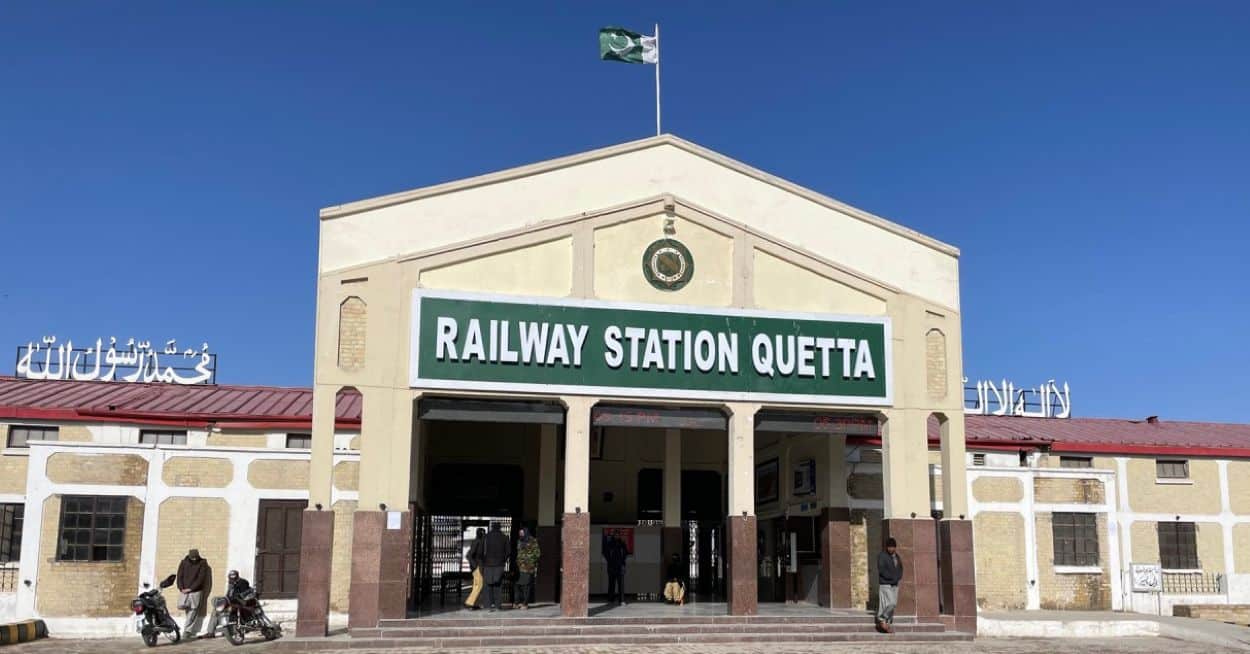Quetta Railway Station experienced chaos as over 1,000 passengers found themselves stranded due to a protest by railway employees. Demonstrators had blocked the tracks, causing delays of up to four hours for key trains such as the Chaman Passenger, Jafar Express, and Bolan Mail.
The protest ignited over the alleged unauthorized demolition of employee housing boundaries on Zarghoon Road amid a road expansion project. Frustrated passengers, constrained by already limited transport options, voiced their difficulties, with one noting, “Even trains aren’t reliable now.”
Railway unions accused the project officials of illegal actions and demanded judicial intervention. Following negotiations, the protesters agreed to a two-day pause, enabling the resumption of train services.
In a related development, train services in Quetta resumed on November 15 after a four-day halt caused by a deadly explosion at the station. Pakistan Railways had closed the Quetta station from November 11 to 14 for security enhancements following the November 9 blast that killed at least 26 people and injured more than 40, including women and children.
Commissioner Quetta, Hamza Shafqaat, reported that the explosion occurred at 8:25 a.m., during preparations for the Jaffar Express departing from Quetta to Peshawar. The high number of passengers present at the time significantly worsened the impact of the blast.
Railway authorities noted that two trains, the Chaman Passenger and the Jaffar Express, were scheduled for departure at the time of the explosion, leading to a significant casualty rate. In response to the tragedy, train services were temporarily halted to review and enhance security measures.






